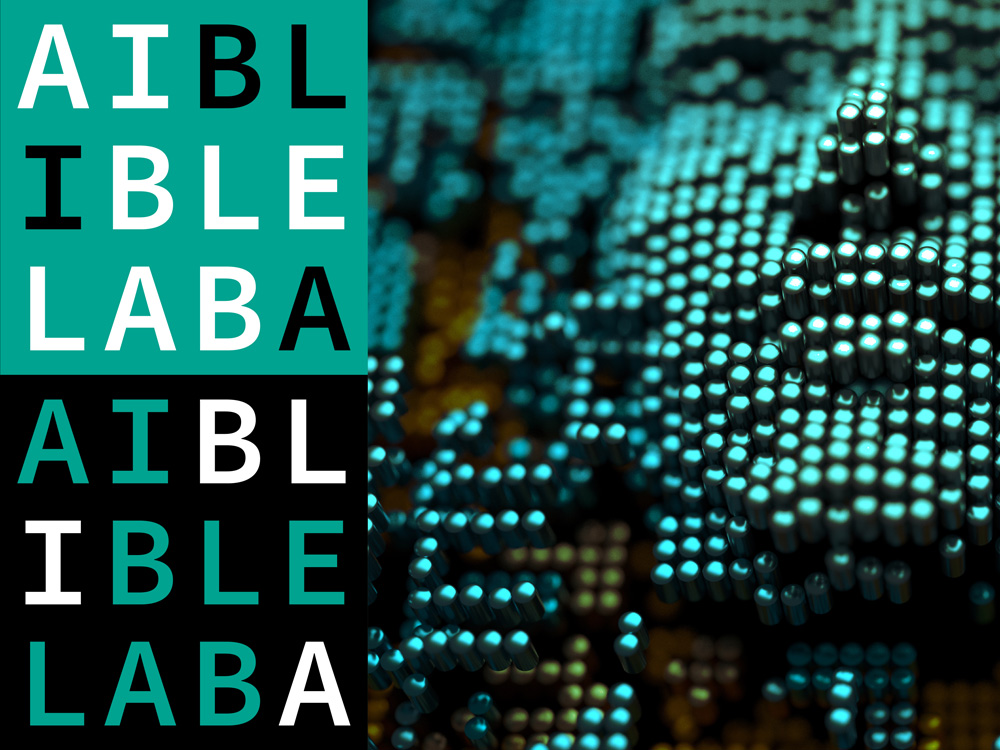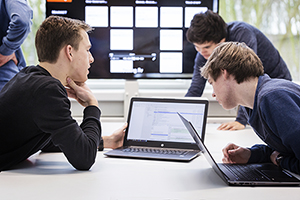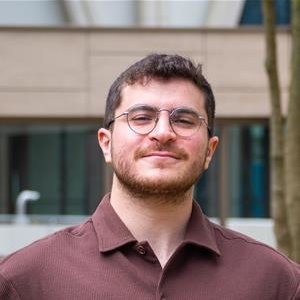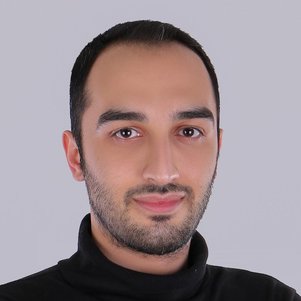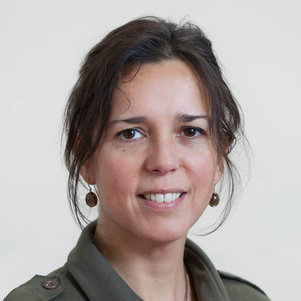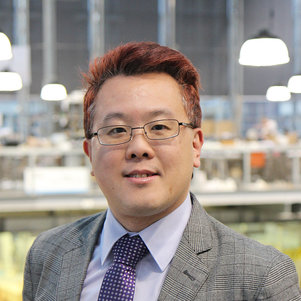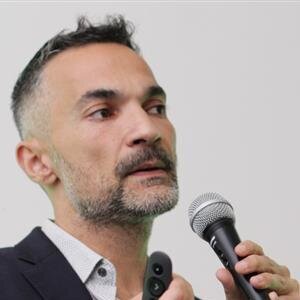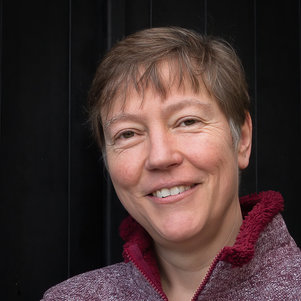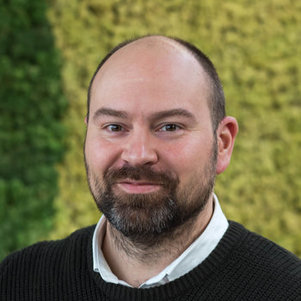AiBLE Lab
Activating Intelligence in Building Lasting and Liveable Environments
How AI can be developed and used in complex real-world scenarios in the built environment? Our aim is to help reach effective, transparent and lasting decisions and agreements. This means incorporating human feedback into the loop, iteratively improving decision-making and driving behaviour changes. We focus on two important built environment challenges: energy transition and circularity. By using AI to augment human intelligence and support negotiation and deliberation continuously – while adapting to and driving human behaviour – the AiBLE Lab will close the policy-practice gap responsibly and inclusively. We also aim to accelerate the adoption and acceptance of AI.
The AiBLE Lab Lab is part of the TU Delft AI Labs programme.
The Team
Education
Courses
2024/2025
- Responsible Data Science and AI Engineering | DSAIT4500
- Natural Language Processing for Society | DSAIT4100
- Computational Intelligence | CSE2350
- Collaborative Artificial Intelligence | CSE2530
2023/2024
- Robots and Society | RO47009
- Enhancing Topic Modeling Performance through a Hybrid Intelligence Approach: Combining Active Learning and BERTopic Model. | Capstone Applied AI project
- Automated Housing Design based on Graph Neural Networks and Deep Generative Models (Interdisciplinary Advanced Artificial Intelligence Project) | IFEEMCS520200
- Computational Intelligence | CSE2350
- Collaborative Artificial Intelligence | CSE2530
2021/2022
- Robots and Society | RO47009
- AI Techniques | IN4010(-12)
- Computational Intelligence | CSE2350
- Collaborative Artificial Intelligence | CSE2530
2020/2021
- Computational Intelligence | CSE2350
- AI Techniques | IN4010(-12)
- Collaborative Artificial Intelligence | CSE2530
2019/2020
- Computational Intelligence | CSE2350
- AI Techniques | IN4010(-12)
Master projects
Openings
-
Hybrid intelligence for topic modelling, Luciano Cavalcante Siebert, (2023/2024)
Ongoing
- Leveraging Large Language Models for Classifying Deliberative Elements in Public Discourse, Amir Homayounirad, Joosje Gorter (2023/2024)
- Automated housing design based on Graph Neural Networks and Deep Generative Models, Tong Wang, Jeroen Hofland (2023/2024)
- Automated housing design based on Graph Neural Networks and Deep Generative Models, Tong Wang, Alexandru Bobe (2023/2024)
- Automated housing design based on Graph Neural Networks and Deep Generative Models, Tong Wang, Alex Ledbetter (2023/2024)
- Automated housing design based on Graph Neural Networks and Deep Generative Models, Tong Wang, Berend Krouwels (2023/2024)
Finished
- Topic modeling for policymaking assessment in energy transition., Luciano Cavalcante Siebert, Manno Versluis (2021/2022)
- Topic modeling for policymaking assessment in energy transition., Luciano Cavalcante Siebert, Vincent Jansse (2021/2022)

